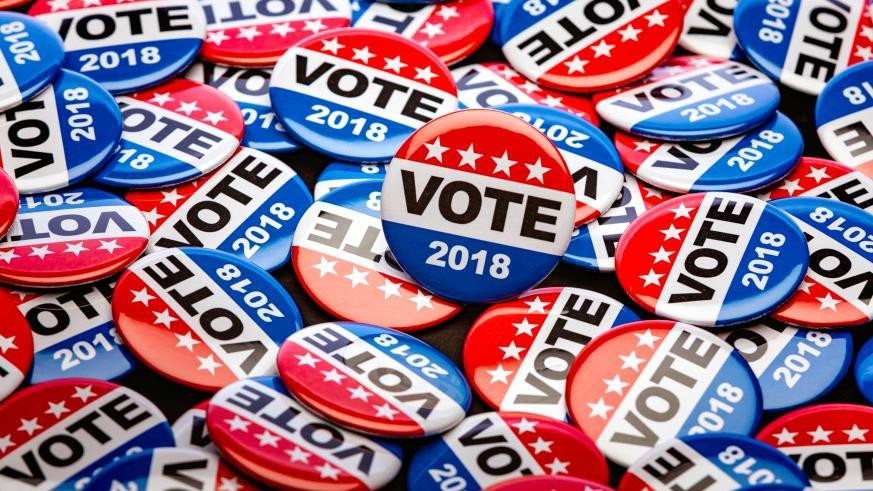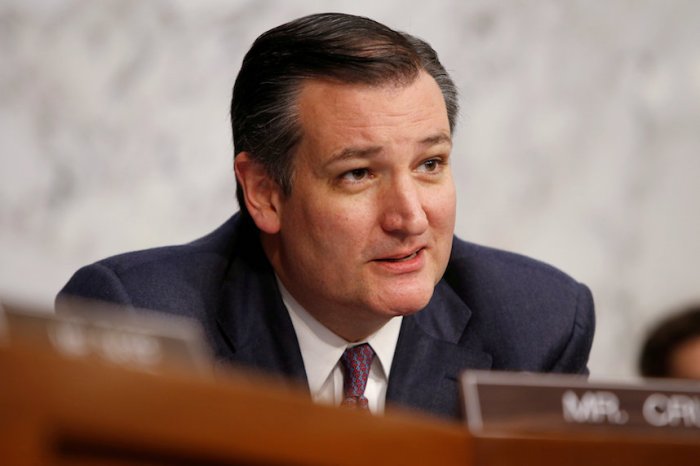With less than a month to go before the midterm elections, multiple reports have surfaced of attempts at voter suppression by Republican-led state governments.
• In Georgia, Democrat Stacey Abrams is running to become the country’s first African-American female governor. Her opponent, Republican Secretary of State Brian Kemp, has placed 53,000 voter applications “on hold,” 70 percent of which are from black residents, the Associated Press reported. (Georgia’s population is about 32 percent black.)
Kemp’s office has used the state’s “exact match” policy to park the registrations. According to the AP, an application could be held because of an entry error or a dropped hyphen in a last name.
Since 2012, Kemp’s office has purged 1.2 million voters from the state rolls. Abrams has called Kemp “a remarkable architect of voter suppression.” Kemp has denied any wrongdoing.
In 2014, Abrams led a lawsuit against Kemp over the “exact match” rule. A court ordered Kemp to restore 33,000 voters who has been purged.
• The U.S. Supreme Court refused to hear a challenge to North Dakota’s voter ID law, which requires residents to present ID that contains a residential street address in order to vote. The law potentially disenfranchises thousands of Native Americans and others who don’t have standard addresses.
A federal court put the law on hold earlier this year, allowing those affected to vote in the primaries. But a U.S. Circuit Court reversed that decision, and the Supreme Court didn’t explain why it wouldn’t hear an emergency appeal. Justices Ruth Bader Ginsburg and Elena Kagan filed a dissent to that decision. Ginsburg wrote that 70,000 North Dakota residents, or nearly 20% of the turnout “in a regular quadrennial election—lack a qualifying ID” under the law. Another 18,000 residents “lack supplemental documentation sufficient to permit them to vote without a qualifying ID.”
Native Americans largely vote for Democrats. This could impede the re-election chances of Democratic Senator Heidi Heitkamp, who is locked in a tight race with her GOP challenger. Heitkamp won her last race by less than 3,000 votes.
• In Arkansas, the state Supreme Court upheld a voter ID law that is nearly identical to a provision that was struck down in 2014 as unconstitutional. The law requires residents to show photo ID before being able to cast a ballot.
A dissenting justice questioned why the state didn’t require voters to show ID when registering to vote but did mandate it at the polls. “If providing photo identification were required at registration, requiring presentation of the card at the polling place would be more defensible,” wrote Justice Jo Hart. “Asking for a photo identification card at the polling place strikes me as locking the barn door after the horse has been stolen.”
























